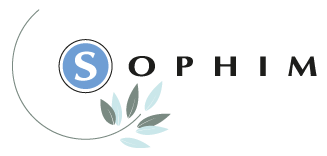The olive has been part of Sophim’s history since its inception. Key ingredient in the production of squalane, it has been our main raw material for over 30 years.
Discover how the olive became established as our ally for the sustainable manufacture of cosmetic ingredients.
Sophim, for the sustainable manufacture of natural ingredients
Eco-responsibility is at the heart of current challenges in cosmetics, and, within Sophim, it has always been a key element of the company’s thinking.
“Sustainable development is a daily concern within our company, and is present at each stage of governance. The choice of olives as the main sustainable and renewable raw ingredient for the production of squalane is a good illustration of this.” Jacques Margnat, Chairman and CEO of Sophim
Sophim is the leading company in the extraction of squalane of plant origin, which is derived from olives, a renewable resource that allows us to work towards a sustainable future.
The challenges of sustainable cosmetics
In recent years, the challenges of sustainable cosmetics have become essential for manufacturers of natural ingredients in the beauty and skincare market. How can we be part of a circular economy approach? What is ethical selection of raw materials? How can we optimise production processes to reduce environmental impacts? How can we move towards zero waste manufacturing?
Sophim has always aspired to make the production of its ingredients part of a sustainable, transparent process. Our presence in more than 60 countries has enabled us to remain attentive to market developments, to listen to our customers, and to adapt our approach year after year.
The drastic selection of our raw ingredients—especially olives, which are the cornerstone of our success—as well as the optimisation of our production processes, or the sharing of values such as respect for the environment with our partners, are all moments when Sophim has chosen to adopt an eco-responsible approach, marked by a circular economy.
Quality approach
Sophim is committed to providing you with quality ingredients
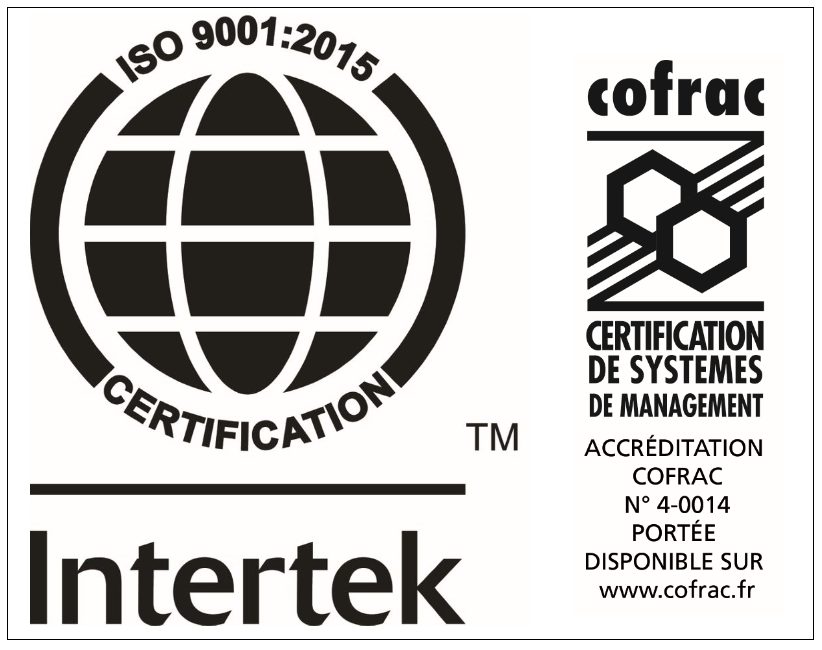
ISO 9001:2015 certification
ISO 9001:2015 certification guarantees that the ISO 9001:2015 standards are applied within the company. It is based on principles of quality management, such as the satisfaction of the company’s customers, or even permanent improvement. Sophim also obtained Iso 9001 certification in June 2020.
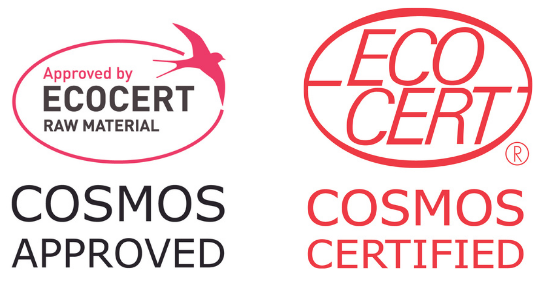
COSMOS certification:
The COSMOS standard has been developed to define criteria for natural cosmetic products and ingredients, in order to promote the development of virtuous and sustainable manufacturing processes in the Cosmetics Industry. This label is a guarantee of quality, naturalness, and transparency. Our COSMOS approved/certified ingredients have the following commitments:
-Respect for biodiversity
-Use of sustainable natural resources that are environmentally friendly
-Use of clean manufacturing processes that are respectful of human health and the environment
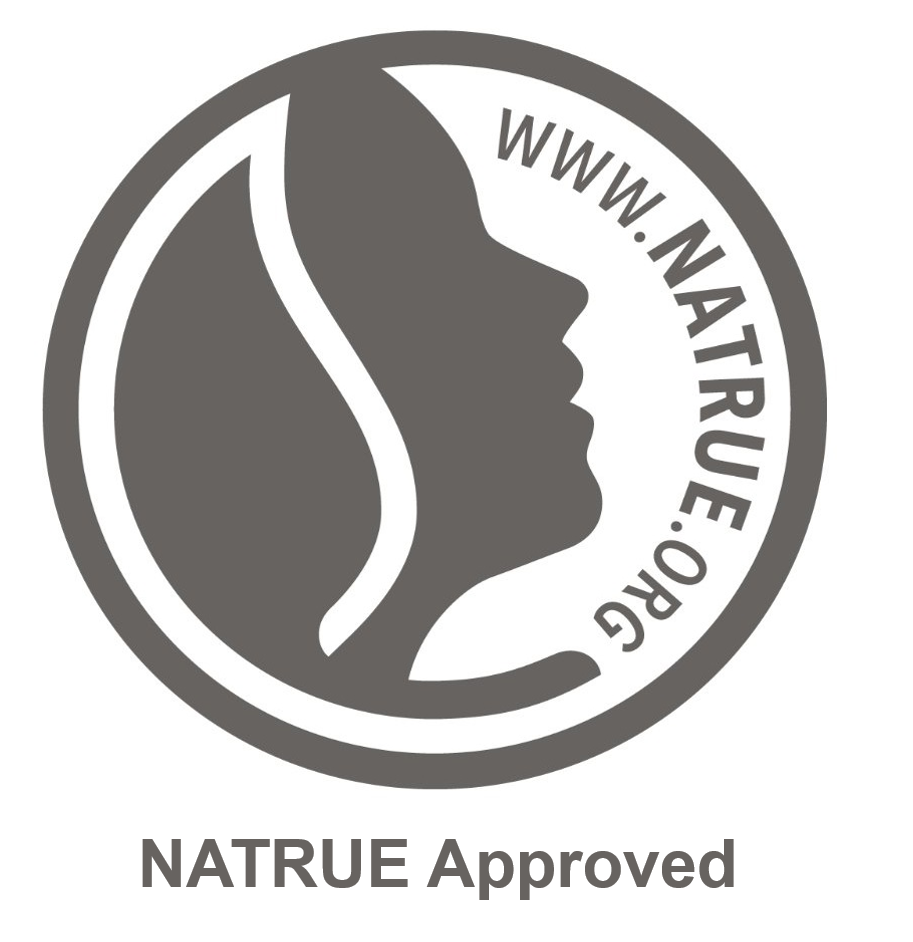
NATRUE label
The NATRUE label is an independant label identifying clearly natural and organic cosmetics. It guarantees transparency and reliability for customers. Our ingredient Phytosqualan, 100% olive squalane, is NATRUE approved since November 2021.
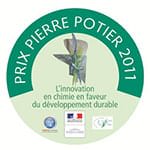
PIERRE POTIER Prize:
The Pierre Potier Prize awards companies in the chemical sector whose products, processes or technologies respect the principles of green chemistry. In 2011, Sophim was awarded the Pierre Potier prize for innovation in chemistry for promoting sustainable development.
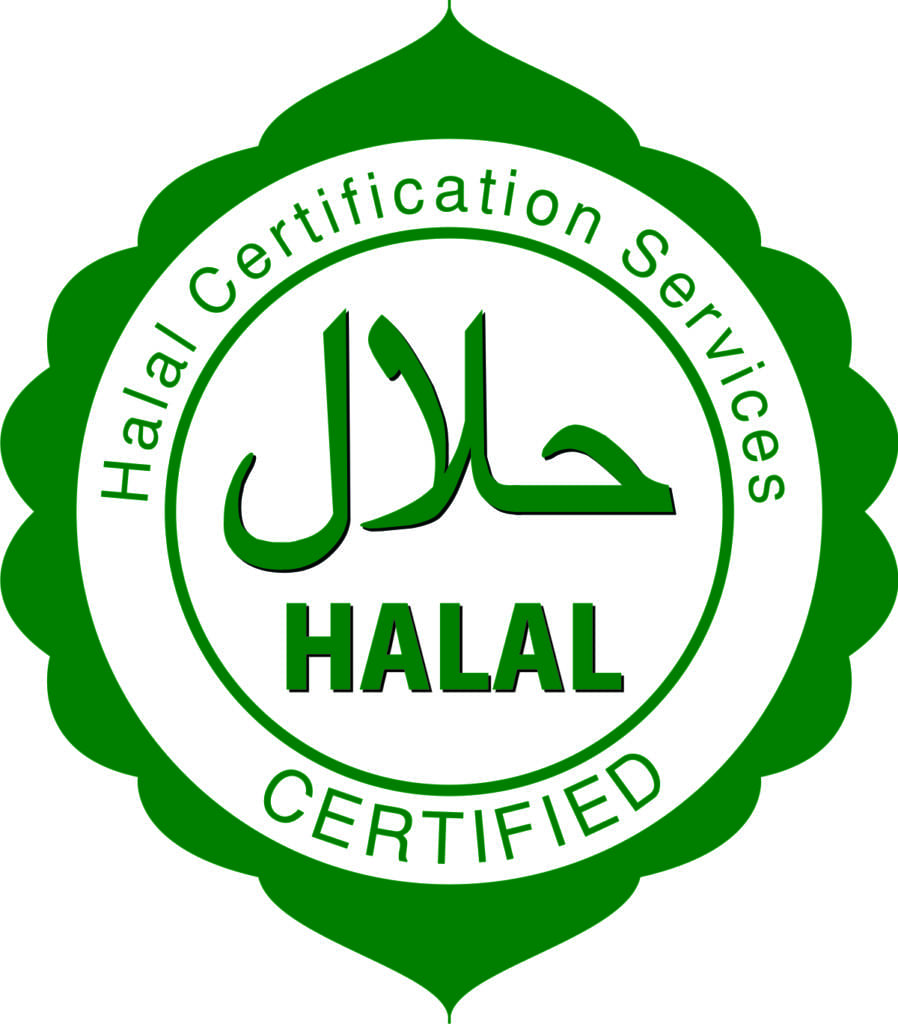
Halal Certification
All our products are halal certified , meaning they are free from any forbidden animal-derived components. The halal certification enables to reach international markets and to answer to an increasing demand, and is compliant with Iso 17065 standards.
- The Global Compact: the Global Compact is an international voluntary movement of companies committed to an approach centred on sustainable development. It is built on ten principles concerning issues relating to human rights, the environment, labour laws, and the fight against corruption. Sophim is a signatory of the United Nations Global Compact, and thus officially commits to adopting ethical and sustainable development policies and strategies.
- Quality policy: Sophim is committed to achieving its quality objectives and meeting the expectations of its customers on a daily basis. Find our commitments here
Sustainable approach
Our thinking around our main raw material, olives, is sustainable.
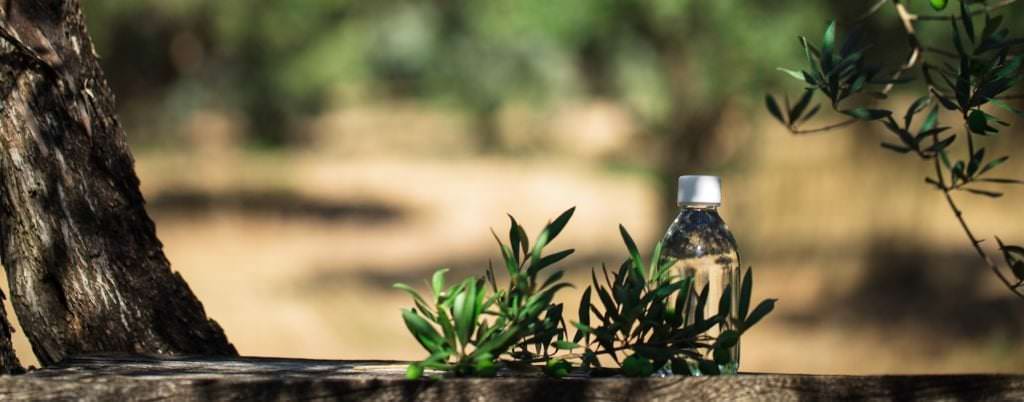
- Promotion of co-products: a circular economy approach
Our Spanish production is located in the heart of the olive groves of Andalusia. Staying as close as possible to the olive oil producers, we have privileged contact with these figures in the agro-food industry, and we re-use olive oil by-products as a raw material to our squalane production. During our production process in Spain, all products not used for production are recovered for the manufacture of bio-diesels. Similarly, in France our by-products are resold to other industries, which in turn use them as raw materials. This is known as “upcycling”. - Proximity to the raw ingredients : The first stage of our production begins in Spain, at our site in Almeria. Staying as close as possible to the olive groves and olive oil suppliers whose by-products we use as a raw material, in Almeria we concentrate olive oil unsaponifiables with a high squalene content. This concentration allows us to transport nearly seven times more squalene in a single trip, and therefore to reduce our carbon footprint when delivering ingredients to our French site in Peyruis, which carries out the rest of the process. It is a solution that allows us to reduce our environmental impact.
- Low water consumption : As our core business is oleochemistry, our manufacturing process does not require water for the majority of our products. Sophim’s water consumption is reduced.
- Integrated production and traceability : Our production is integrated, from the supply of raw ingredients to the manufacturing. We thus guarantee the traceability of our ingredients.
- Reduction of energy consumption: Sophim has been able to reduce its energy consumption for its Phytosqualan® brand by 24.5% since 2012 by improving our existing processes. For the future, we are integrating this consideration into our equipment renewal projects and the construction of our new buildings.
Sophim wishes to continue this ecological and sustainable approach. Our thinking around green chemistry, more eco-responsible production, and the reduction of our energy consumption is an essential axis in the development of our future projects.
Olives, our sustainable raw ingredient
Olives are an ancient resource. They dominated the Mediterranean basin during the conquests, and have accompanied various civilisations throughout history, up to the present day. The olive tree is a bearer of strong symbols found both in Greek mythology and on the flags of the United Nations.
The olive is naturally becoming established as a sustainable resource of tomorrow and as a lever to reduce our environmental impact.
Biomass of the olive tree and the environment
The olive is an ingredient that is cultivated as part of a sustainable approach.

- Olive trees can grow in difficult climatic conditions.
- Olive trees use a small amount of land and water resources. The majority of olive groves around the world (around 70%) function without irrigation, relying on rainwater only.
- It is a tree that has a strong capacity to absorb and store carbon dioxide. This is called the carbon sink effect: olive trees capture greenhouse gases from the atmosphere. The CO2 storage capacity and retention time of olive trees is greater than the carbon footprint from producing a litre of virgin olive oil. Thus, an olive grove is a lever for reducing our environmental impact.
- Olive trees help to slow down erosion and desertification. They are mainly cultivated in arid zones, and are an ally for the populations who cultivate them, as well as for biodiversity.
Olives: a sustainable and renewable resource
The biomass of olive trees is a source of sustainability for many industrial applications. For example, olive pits can be used as:
- Material for creating biofuels
- Green materials such as bioplastics.
With a view to an ever more sustainable, more responsible future, it is our duty to promote noble, sustainable ingredients such as olives. The olive is intrinsically linked to Sophim’s success and is a promising ingredient for green chemistry in cosmetics.





